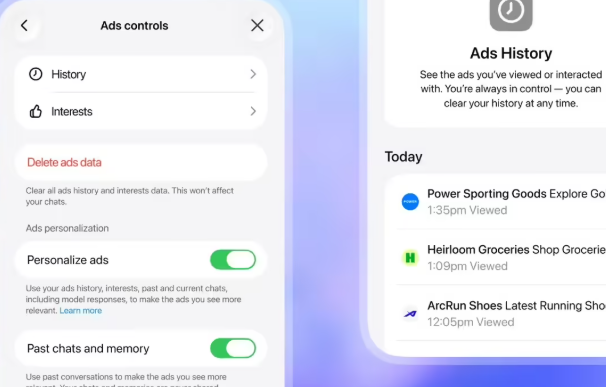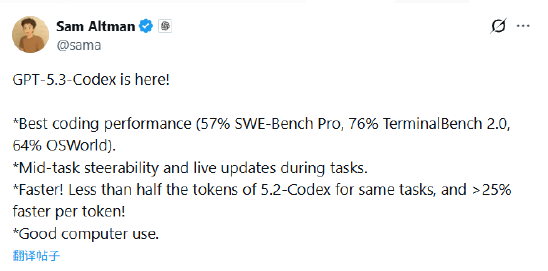OpenAI Acknowledges User Bias After GPT-5 Backlash
OpenAI Confronts User Expectations After GPT-5 Rollout
In a revealing turn of events following GPT-5's highly anticipated release, OpenAI has confronted unexpected user resistance that exposed critical blind spots in their product strategy. The company recently restored access to GPT-4o for paying customers after widespread dissatisfaction emerged when the older model was abruptly discontinued.
The Backlash That Forced a Reversal
ChatGPT head Nick Turley acknowledged in a recent podcast interview that user reactions to different AI models have been "highly divided." Social media platforms like Reddit showed stark polarization among users, with many expressing strong preference for GPT-4o's familiar interface and capabilities.
"The Reddit comments are particularly illuminating," Turley stated. "They reveal just how emotionally invested users become in specific model versions." This realization prompted OpenAI to make the unprecedented decision to maintain parallel access to both models - though only for premium subscribers.
Understanding the User Psychology Gap
Despite ChatGPT's staggering success - boasting 7 million weekly active users and ranking as the fifth most visited website globally - Turley admitted initial confusion about why people used the service. After commissioning specialized research, his team identified core use cases:
- Content creation (writing assistance)
- Programming support
- Casual conversation
However, Turley conceded these categories barely scratch the surface of user motivations. Meanwhile, CEO Sam Altman demonstrated deeper insight in social media posts, noting how many users treat ChatGPT as a "psychological counselor" or "life coach" - an emotional dimension Turley's team had underestimated.
The Challenge of AI Dependency
The incident highlights growing tensions between:
- Technological progress (pushing advanced models)
- User comfort (maintaining familiar interfaces)
- Emotional attachment (AI as companion versus tool)
Turley expressed concern about users' psychological dependence on specific model versions, while simultaneously recognizing this attachment as a critical factor in product adoption. This paradox presents ongoing challenges for AI developers balancing innovation with user experience.
Key Points:
- 🔄 OpenAI restored GPT-4o access after user backlash against GPT-5 transition
- 🧠 ChatGPT head admits initial misunderstanding of user needs and behaviors
- 💡 CEO Altman recognizes AI's psychological support role earlier than product team
- ⚖️ Company now grappling with balancing innovation against user attachment


